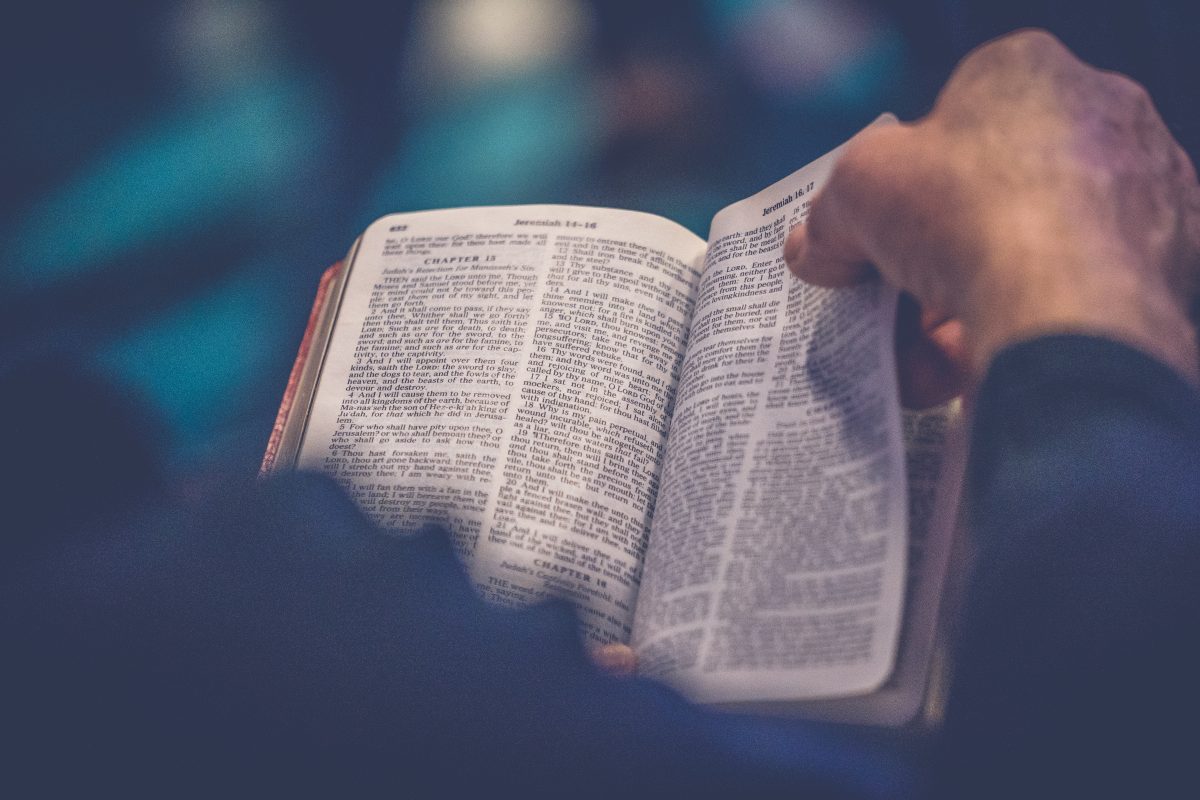Jhn 9:7 And He said to him, “Go, wash in the pool of Siloam” (which is translated, Sent). So he went and washed, and came back seeing.
Naaman received instructions to cleanse himself in the River Jordan, a specific body of water, in order to be rid of his leprosy. Similarly, the blind man was advised to go and wash in a particular pool. In both instances, their faith was tested through their obedience, even though the instructions may have seemed foolish. Could they truly trust in God’s process until the very end? Could their faith be undermined by the notion that their healing would not align with their own expectations? Naaman, for instance, had expected Elisha to personally come and perform a miraculous gesture to cure his leprosy. Likewise, the blind man may have anticipated a healing similar to that of other blind individuals whom Jesus had touched.
In the OT times, washing symbolized purification. John’s baptism did not signify or represent Jesus’ death, burial, and resurrection, but rather served as a cleansing of the old in preparation for the new. With unwavering confidence in the power of Christ and in obedience to His command, the blind man went, washed, and returned with restored sight. Jesus utilized the natural elements to bring about the supernatural.

